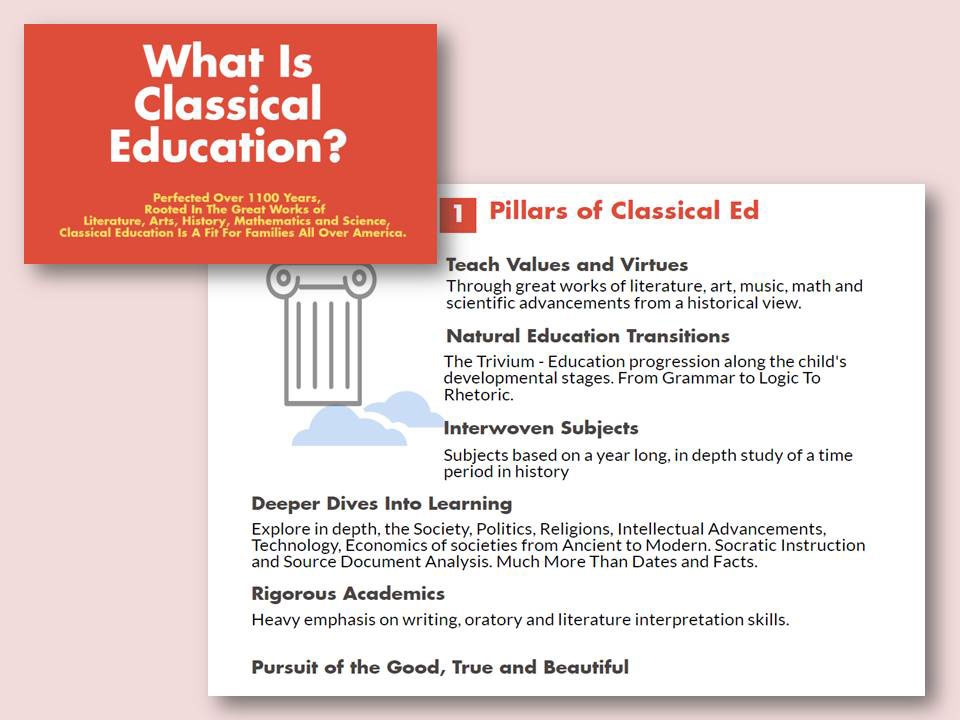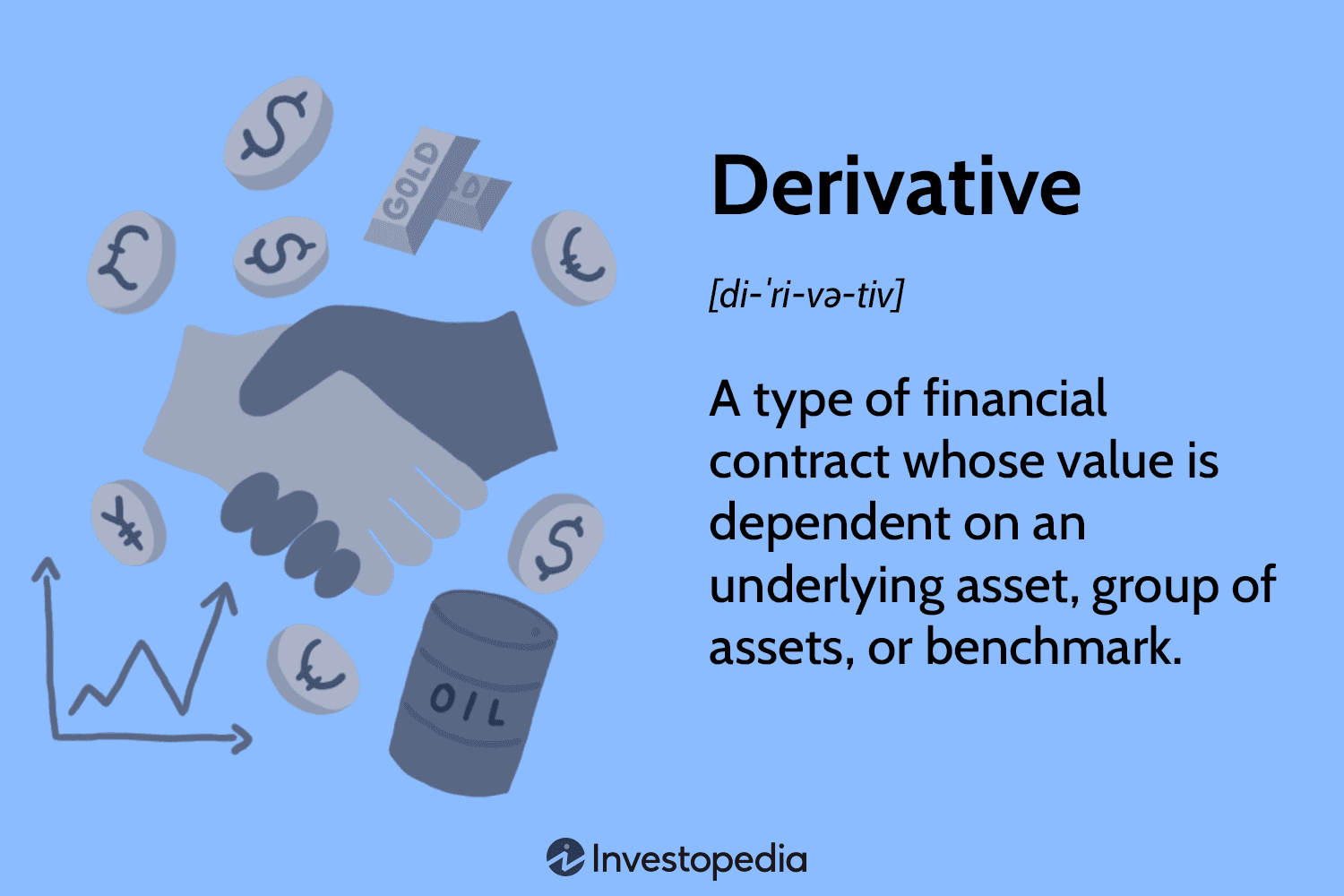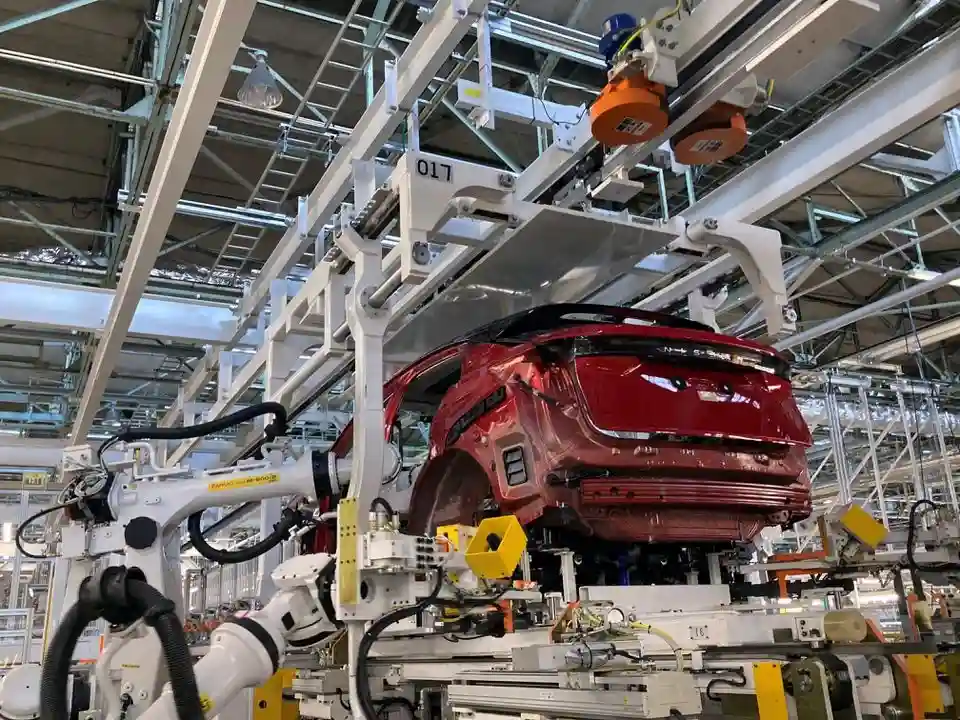What Is Tertiary Education?
Mia Wilson

Photo: What Is Tertiary Education?
What Is Tertiary Education?
Tertiary education plays a pivotal role in shaping individuals and societies. Often synonymous with higher education, it encompasses a range of educational pursuits beyond secondary schooling. But what exactly constitutes tertiary education, and why is it so crucial in today’s world? This article delves into the essence of tertiary education, exploring its definition, historical context, significance, types, benefits, and challenges.
Understanding Tertiary Education
Tertiary education refers to the level of education that follows the completion of secondary schooling. It includes undergraduate and postgraduate studies, vocational training, and other specialized educational programs. This stage of education is designed to provide advanced knowledge and skills, preparing individuals for professional careers, research, or further academic pursuits.
Key Components of Tertiary Education
- Undergraduate Programs: These include associate degrees, bachelor’s degrees, and diplomas that provide foundational knowledge in various fields.
- Postgraduate Programs: Master’s and doctoral degrees that offer specialized expertise and opportunities for research.
- Vocational Training: Practical training programs focused on specific trades or professions.
- Professional Certifications: Credentials that validate expertise in particular industries or skills.
Historical Background of Tertiary Education
The roots of tertiary education can be traced back to ancient civilizations where institutions like the University of Bologna and the University of Oxford emerged as centers of learning. Over centuries, tertiary education has evolved, expanding its scope and accessibility.
Evolution Over Time
- Medieval Period: Universities primarily focused on theology, law, medicine, and the arts.
- Industrial Revolution: Expansion into sciences and engineering to meet the demands of a rapidly industrializing world.
- Modern Era: Diversification into a multitude of disciplines, including social sciences, humanities, and technology.
This historical progression highlights how tertiary education adapts to societal needs, driving innovation and economic growth.
Importance of Tertiary Education in Today’s Society
In the contemporary landscape, tertiary education is more critical than ever. It serves as a catalyst for personal development, economic advancement, and societal progress.
Personal Development
Tertiary education fosters critical thinking, problem-solving skills, and intellectual growth. It empowers individuals to pursue their passions, develop expertise, and achieve personal goals.
Economic Advancement
A highly educated workforce is essential for economic competitiveness. Tertiary education contributes to higher employment rates, increased earning potential, and the development of specialized skills that drive various industries.
Societal Progress
Educated individuals are more likely to engage in civic activities, contribute to community development, and promote social cohesion. Tertiary education also plays a role in addressing societal challenges such as healthcare, environmental sustainability, and technological innovation.
Types of Tertiary Education Institutions
Tertiary education is delivered through various types of institutions, each offering unique programs and opportunities.
Universities
Universities are comprehensive institutions offering a wide range of undergraduate and postgraduate programs across diverse disciplines. They emphasize research, academic scholarship, and theoretical knowledge.
Colleges
Colleges often focus on specific fields or practical skills. They provide vocational training, associate degrees, and certificates tailored to industry needs.
Technical and Vocational Institutions
These institutions specialize in hands-on training for trades and professions such as engineering, healthcare, information technology, and culinary arts. They prepare students for immediate entry into the workforce.
Online Education Providers
With the advent of digital technology, online institutions offer flexible learning options. They cater to a global audience, providing access to education regardless of geographical constraints.
Benefits of Tertiary Education
Pursuing tertiary education offers numerous advantages that extend beyond academic achievements.
Enhanced Career Opportunities
A tertiary qualification often opens doors to better job prospects, higher salaries, and career advancement opportunities. It equips individuals with specialized knowledge that is highly valued in the job market.
Personal Growth and Development
Beyond professional skills, tertiary education promotes personal growth. It encourages lifelong learning, adaptability, and the ability to navigate complex challenges.
Contribution to Innovation and Research
Tertiary institutions are hubs of innovation, fostering research and development. They contribute to advancements in science, technology, medicine, and the arts, driving societal progress.
Social Mobility
Tertiary education can be a powerful tool for social mobility, enabling individuals from diverse backgrounds to improve their socio-economic status and achieve their aspirations.
Challenges in Tertiary Education
Despite its benefits, tertiary education faces several challenges that need to be addressed to maximize its potential.
Accessibility and Affordability
High costs and limited access can be significant barriers for many aspiring students. Ensuring equitable access to tertiary education is crucial for fostering diversity and inclusion.
Quality of Education
Maintaining high educational standards is essential. Institutions must continuously adapt curricula, invest in faculty development, and incorporate emerging technologies to provide quality education.
Employment Alignment
There can be a mismatch between the skills acquired through tertiary education and the demands of the job market. Aligning educational programs with industry needs is vital for enhancing employability.
Mental Health and Well-being
The pressures of tertiary education can impact students’ mental health. Providing adequate support systems and promoting a balanced lifestyle are important for student well-being.
The Future of Tertiary Education
As we look ahead, tertiary education is poised to undergo significant transformations influenced by technological advancements, changing societal needs, and evolving educational paradigms.
Technological Integration
Digital tools and online platforms will continue to reshape how education is delivered and consumed. Blended learning models, virtual classrooms, and AI-driven personalized learning experiences are becoming increasingly prevalent.
Lifelong Learning
The concept of lifelong learning is gaining traction, emphasizing the need for continuous education and skill development throughout one’s career. Tertiary institutions are adapting to provide flexible learning pathways that accommodate this trend.
Globalization
Global collaboration and internationalization are enhancing the reach and impact of tertiary education. Cross-border partnerships, exchange programs, and global research initiatives are fostering a more interconnected educational landscape.
Sustainability and Social Responsibility
Tertiary institutions are increasingly focusing on sustainability and social responsibility, integrating these principles into curricula and campus operations. This shift reflects a broader commitment to addressing global challenges and promoting ethical practices.
Conclusion
Tertiary education is a cornerstone of personal and societal advancement. It equips individuals with the knowledge and skills necessary to navigate and contribute to an ever-changing world. While challenges such as accessibility, quality, and alignment with employment demands persist, the continued evolution of tertiary education promises to address these issues and enhance its role in fostering innovation, economic growth, and social progress. Embracing the opportunities and overcoming the obstacles will ensure that tertiary education remains a vital pathway to a brighter future for individuals and communities alike.
For You
View AllFind out if a VPS is the ideal solution for your business hosting needs.
Mia Wilson
Learn why a VPS is essential for businesses and personal projects in 2024.
Mia Wilson
Discover what derivatives are, their types, and why they matter in financial markets. Click to learn more!
Mia Wilson
Discover the unexpected ways AI is becoming a part of our everyday routines.
Mia Wilson
Explore the fascinating step-by-step process of car manufacturing on assembly lines. Discover the future of production!
Mia Wilson
Explore expert opinions on whether AI will take over human jobs in the future.
Mia Wilson
Education
View All
May 14, 2025
What Is Classical Education? Explained!
Discover the principles of classical education, its history, and how it fosters critical thinking. Learn the benefits today!

May 17, 2025
What Education Is Needed to Become a Lawyer?
Discover the academic path to becoming a lawyer, from degrees to licensing. Start your journey to a legal career today!

May 10, 2025
How to Become a Diabetes Educator
Learn the steps to becoming a certified diabetes educator and making a meaningful difference in patients’ lives. Start today!





